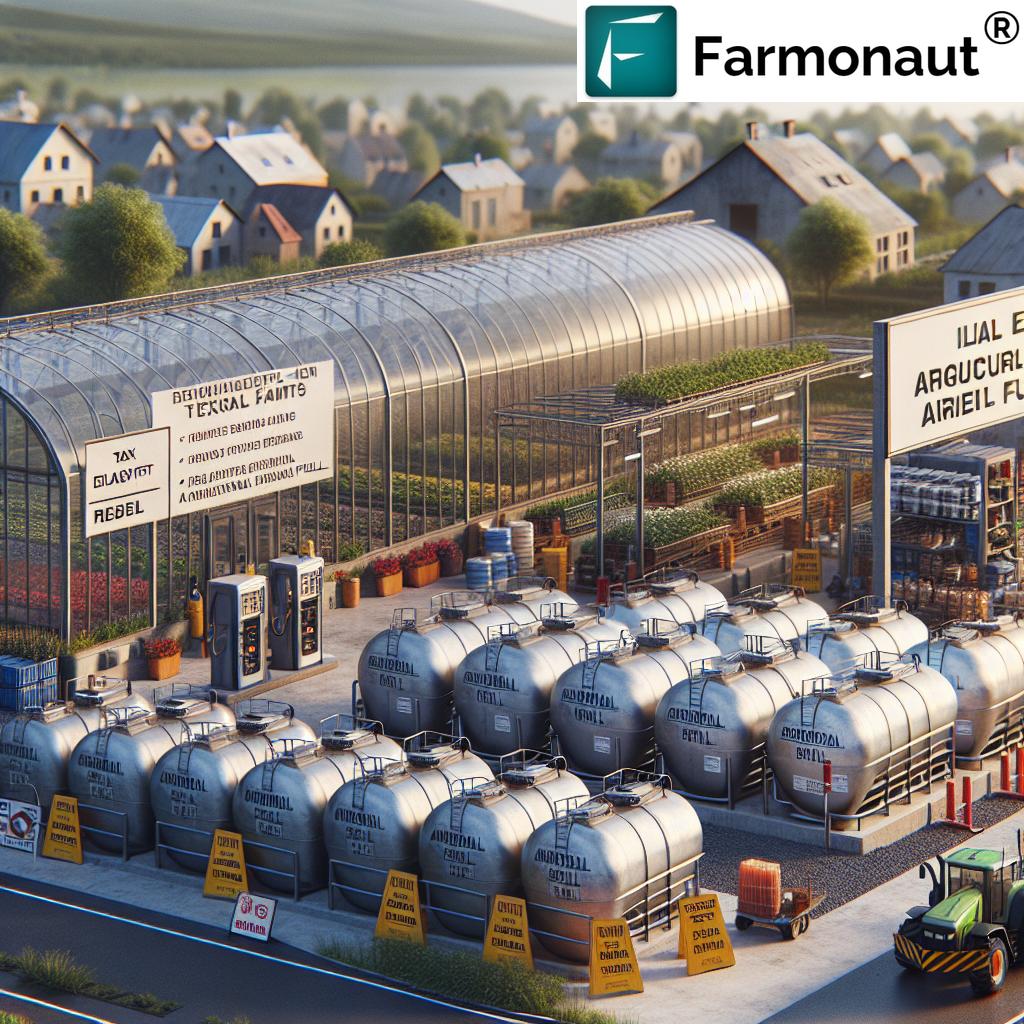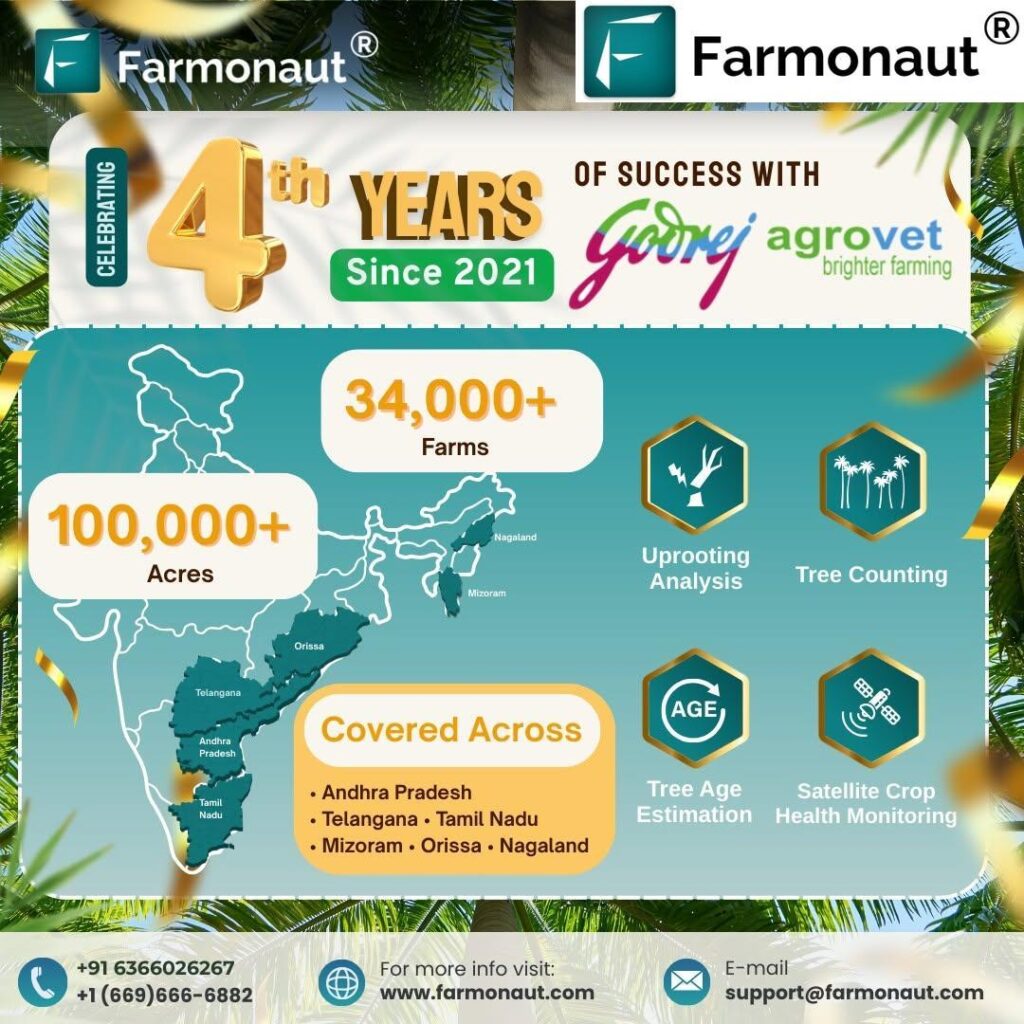Urgent: Madrid’s Iconic Sheep Parade Halted as Bluetongue Threat Looms – Discover How This Impacts Spanish Traditions
![]()
In a shocking turn of events, the beloved Fiesta de la Trashumancia, Madrid’s iconic sheep herding event, has been cancelled due to the looming threat of bluetongue disease. This unexpected development has sent ripples through the Spanish capital, impacting both cherished traditions and the tourism sector.
The Cancellation of Madrid’s Sheep Parade
The annual Madrid sheep herding spectacle, known as the Fiesta de la Trashumancia, has been a highlight of the city’s cultural calendar for the past three decades. However, the recent detection of the BTV3 variant of bluetongue disease in southwest Spain has forced authorities to take drastic measures.
The decision to cancel the event was not made lightly, as it marks a significant interruption to a tradition with roots stretching back 800 years. The Madrid sheep parade cancelled announcement has left both locals and tourists disappointed, highlighting the delicate balance between preserving cultural heritage and ensuring public health and safety.
Understanding Bluetongue Disease and Its Impact
Bluetongue disease is a viral infection that affects ruminants, particularly sheep. The BTV3 variant, recently detected in Spain, has raised alarms due to its potential to spread rapidly among livestock populations. As a result, stringent livestock movement restrictions have been implemented across the country, with Madrid being no exception.
- Bluetongue is transmitted by infected midges
- Symptoms include fever, swelling, and in severe cases, a blue-tinged tongue
- The disease can cause significant economic losses in the livestock industry
The implementation of these restrictions is a crucial part of animal disease prevention efforts. While no recent cases have been reported in Madrid itself, the precautionary measures underscore the seriousness of the situation and the commitment to protecting Spain’s livestock industry.
Impact on Spanish Livestock Traditions
The cancellation of the Fiesta de la Trashumancia is more than just a blow to Madrid’s tourism sector; it represents a significant disruption to Spanish livestock traditions. Transhumance, the practice of moving livestock between summer and winter pastures, has been a cornerstone of Spanish agricultural life for centuries.
![]()
The Fiesta de la Trashumancia has played a crucial role in keeping this tradition alive in the public consciousness. Its cancellation raises questions about the future of transhumance in Spain and how such practices can be maintained in the face of modern challenges like disease outbreaks.
Bluetongue Disease Prevention in Spain
In response to the threat posed by the BTV3 variant, Spanish authorities have implemented comprehensive bluetongue disease prevention measures. These include:
- Strict monitoring and testing of livestock
- Implementation of quarantine zones in affected areas
- Increased biosecurity measures on farms and during transport
- Public awareness campaigns about the disease and its prevention
These efforts are crucial not only for containing the current outbreak but also for safeguarding Spain’s livestock industry in the long term. The situation highlights the importance of proactive disease management in agriculture, a field where technology can play a significant role.
For farmers and agricultural professionals looking to stay ahead of potential threats, Farmonaut offers cutting-edge satellite monitoring and weather forecasting tools. Check out our web app for real-time insights into your fields.
Madrid Tourism Event Cancellation: Economic Implications
The Madrid tourism event cancellation of the Fiesta de la Trashumancia is expected to have significant economic repercussions. This annual event has been a major draw for both domestic and international tourists, bringing thousands of visitors to the Spanish capital each year.
- Loss of revenue for local businesses, including hotels and restaurants
- Decrease in tourism-related jobs during the event period
- Potential long-term impact on Madrid’s image as a cultural destination
City officials are working on alternative events and promotional strategies to mitigate the economic impact of the cancellation. However, the unique charm of seeing sheep in urban areas of Madrid will be sorely missed this year.
The Future of Transhumance in Spain 2023 and Beyond
As we look towards transhumance in Spain 2023 and beyond, questions arise about how this ancient practice can adapt to modern challenges. The cancellation of the Fiesta de la Trashumancia serves as a wake-up call for the need to balance tradition with contemporary realities.
Potential strategies for preserving transhumance traditions while addressing health concerns include:
- Developing virtual or augmented reality experiences of transhumance
- Implementing stricter health protocols for future events
- Creating educational programs to raise awareness about livestock traditions
For those interested in staying updated on agricultural trends and innovations, Farmonaut’s mobile apps offer real-time field monitoring and insights. Download now for iOS or Android:
Livestock Movement Restrictions in Madrid: A Closer Look
The livestock movement restrictions Madrid has implemented are part of a broader strategy to contain the spread of bluetongue disease. These restrictions include:
- Prohibition of livestock movement from affected areas to disease-free zones
- Mandatory health checks and documentation for any authorized livestock transport
- Increased surveillance at city entry points to prevent unauthorized animal movement
While these measures are necessary for disease control, they pose significant challenges for farmers and livestock owners, particularly those who rely on seasonal grazing patterns.
International Response and Collaboration
The threat of bluetongue disease is not unique to Spain. Neighboring countries like France and the Netherlands are also grappling with the new strain, implementing their own prevention and control measures.
International collaboration is crucial in addressing this cross-border issue. Efforts include:
- Sharing of research and data on the BTV3 variant
- Coordination of vaccination campaigns
- Harmonization of movement restrictions and health protocols
For agricultural professionals seeking to stay informed about global trends and challenges, Farmonaut’s API offers comprehensive satellite and weather data. Explore our API for integration into your systems.
Conclusion: Balancing Tradition and Safety
The cancellation of Madrid’s iconic sheep parade is a stark reminder of the delicate balance between preserving cultural heritage and ensuring public health and safety. As Spain navigates this challenging period, the resilience of its agricultural traditions is being put to the test.
While the streets of Madrid may be quieter this year without the bleating of sheep and the jingle of bells, the spirit of the Fiesta de la Trashumancia remains alive. As we look to the future, innovative solutions and continued vigilance will be key to preserving these cherished traditions while adapting to new realities.
The situation underscores the importance of staying informed and prepared in the face of emerging agricultural challenges. Whether you’re a farmer, a policymaker, or simply an enthusiast of Spanish culture, keeping abreast of developments in livestock management and disease prevention is crucial.
For those looking to leverage cutting-edge technology in agriculture and livestock management, Farmonaut offers a range of tools and services. From our mobile apps to our comprehensive API, we’re here to support the agricultural community. Check out our API documentation to learn more about how we can help you stay ahead in these challenging times.
As we eagerly await the return of the Fiesta de la Trashumancia in the future, let’s remain committed to supporting sustainable and safe agricultural practices that honor tradition while embracing innovation.
















